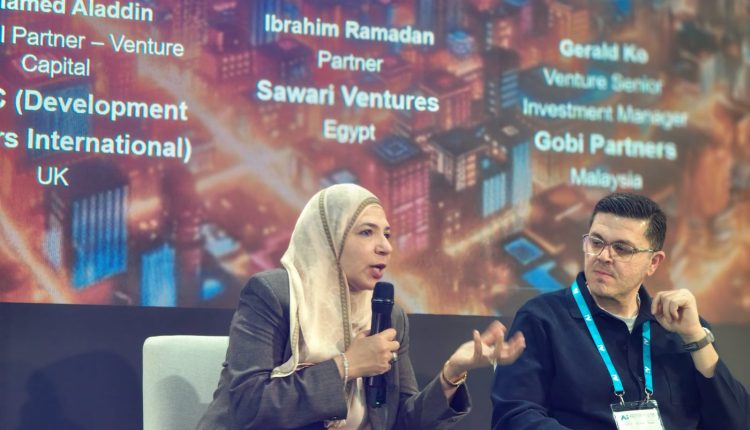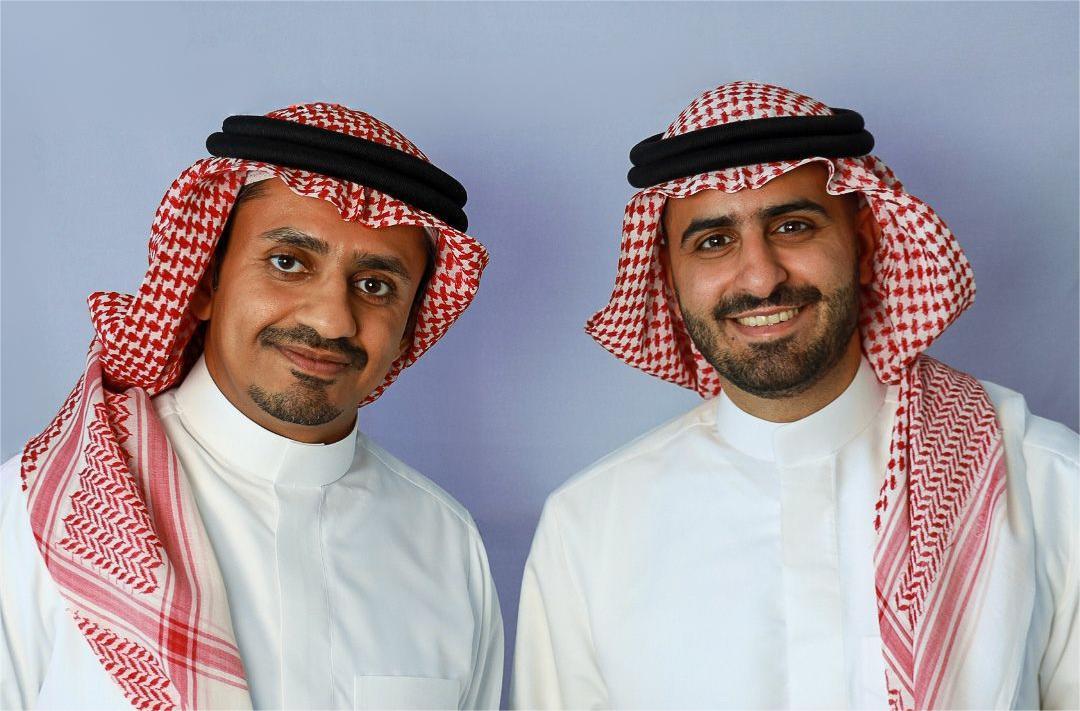The 6th International Virtual Conference on Economic Diversification, organized by Ecosystem Management Consulting, recently concluded, bringing together regional leaders to discuss the pivotal role of innovation, artificial intelligence, and entrepreneurship in shaping the future of MENA’s economies. The two-day event underscored a collective push towards building sustainable, knowledge-based economies in line with national development visions.
A key highlight of the conference was the assertion by Dr. Moudhi Al-Humoud, Kuwait’s former Minister of Education, who emphasized the nation’s early and proactive steps in fostering a robust technology ecosystem.
Kuwait’s Pioneering Tech Investment Legacy
In her address, Dr. Moudhi Al-Humoud stated that Kuwait was a forerunner in launching sovereign funds dedicated to investing in the technological entrepreneurship ecosystem. She noted that the country was among the first to establish entities focused on technology investment, AI, and space, alongside creating programs, universities, and centers centered on “techno-innovation.”
According to Dr. Al-Humoud, these early investments are yielding significant economic, social, technological, and environmental benefits that align with the goals of the Kuwait Vision 2035.
Zain Reinforces Commitment to Human and Tech Capital
Representing the private sector, Walid Al-Khashti, Chief Communications and Public Relations Officer at Zain, detailed the company’s vision of investing in people and technology. He stressed that a supportive environment for creativity is essential to transform ideas into tangible impact that strengthens the national economy.
“Our strategic vision stems from a firm belief that innovation is not limited to technology alone, but includes building an integrated entrepreneurship ecosystem,” Al-Khashti said. He highlighted the roles of Zain Ventures, the group’s investment arm, in exploring new opportunities, and ZainTECH, its technology arm, in providing strategic support in cloud computing, AI, and other advanced technologies.
Regional Visions for a Knowledge-Based Economy
The conference also provided a platform for leaders from other GCC nations to share their progress. Ahmed Al-Salloum, a member of parliament and Chairman of the Bahrain Small and Medium Enterprises Development Society, spoke on Bahrain’s strategic shift towards a knowledge-based economy under its Economic Vision 2030. He pointed to initiatives like the Bahrain Center for Big Data and Artificial Intelligence as crucial steps in making the kingdom a regional hub for entrepreneurship and technology.
From Oman, Nasser Al-Malki, Director General of Strategic Planning and Development, outlined the evolution of the Public Establishment for Industrial Estates (Madayn). He explained how Madayn has transformed from an infrastructure provider into a national catalyst for innovation and SME development through initiatives like Knowledge Oasis Muscat (KOM) and the National Business Centre (NBC), aligning with Oman Vision 2040.
Fostering the Next Generation of Innovators
The importance of investing in youth was a recurring theme. Rakan Al-Fadhalah, Deputy Director General of the Sabah Al-Ahmad Center for Giftedness and Creativity, affirmed the center’s philosophy that talent and innovation are the nation’s true wealth.
“Our work is based on three strategic pillars: building technological capabilities, promoting a competitive culture and empowering talent, and supporting innovation,” Al-Fadhalah explained. He emphasized that this approach is fundamental to achieving economic diversification and sustainable development in line with Kuwait Vision 2035.
About Ecosystem Management Consulting
Ecosystem Management Consulting is a firm dedicated to developing and nurturing the entrepreneurship ecosystem in the region. Through conferences, advisory services, and strategic initiatives, the company aims to foster innovation, support economic diversification, and connect key stakeholders from the public and private sectors.
Source: Al-Anba













